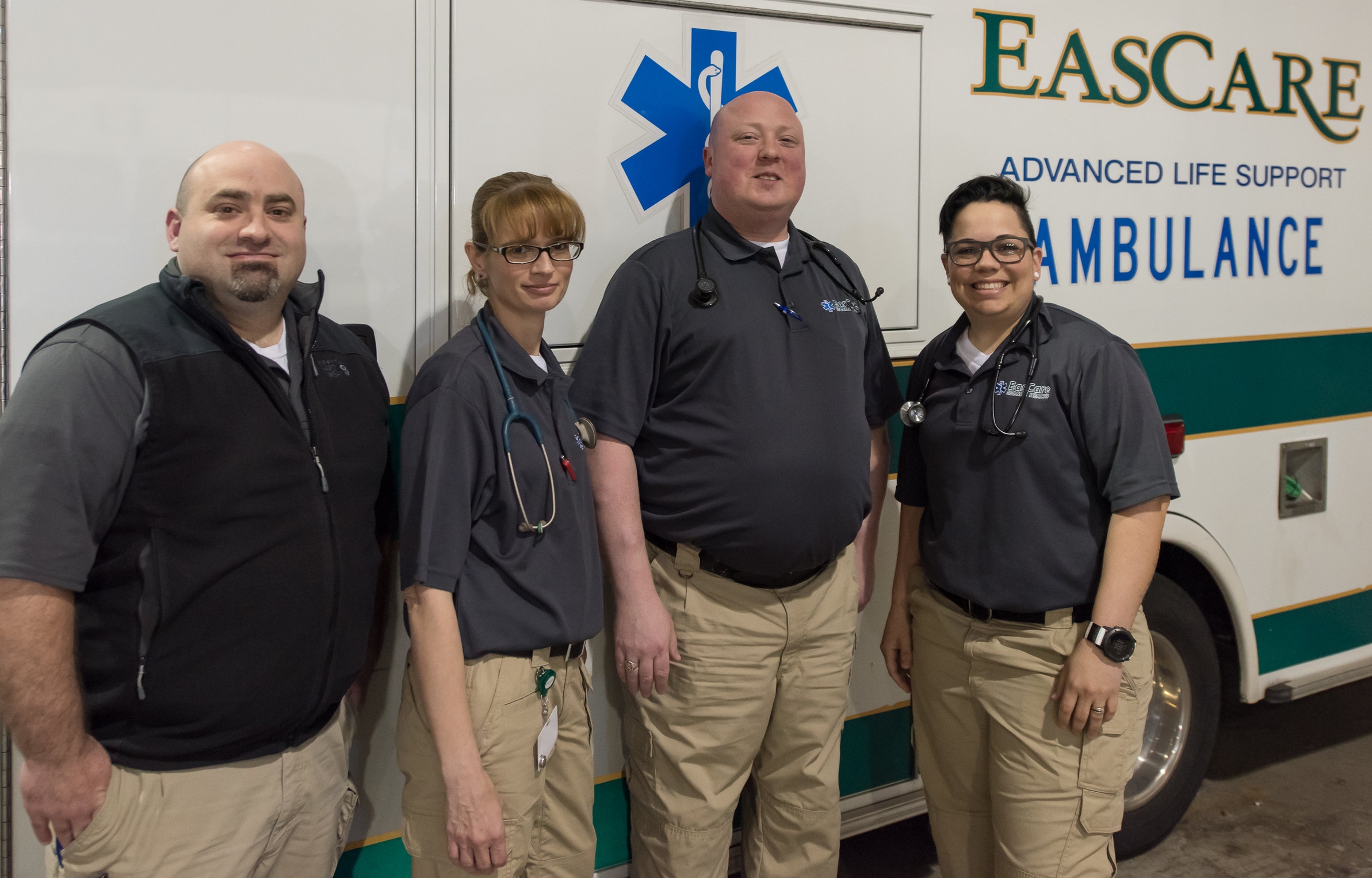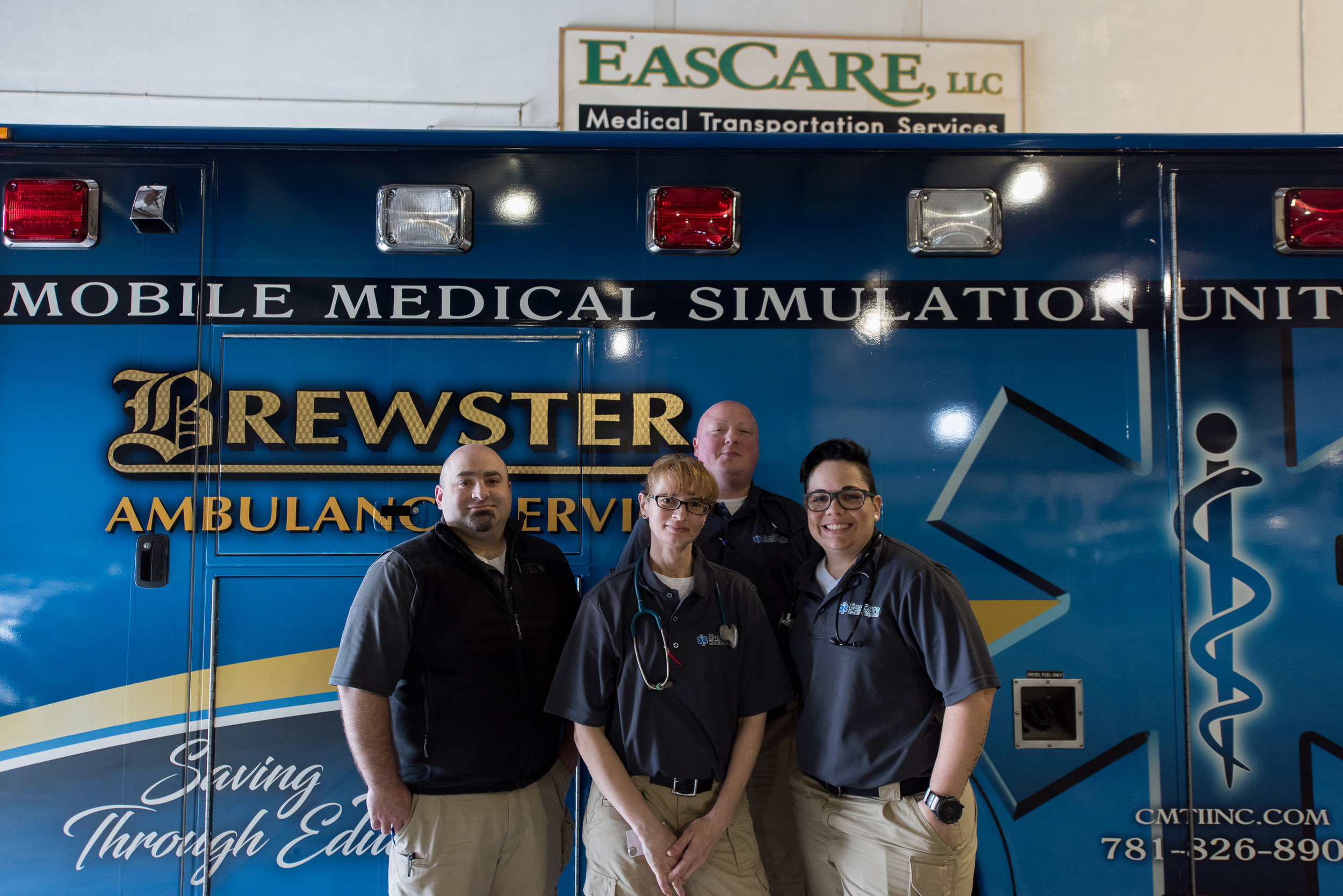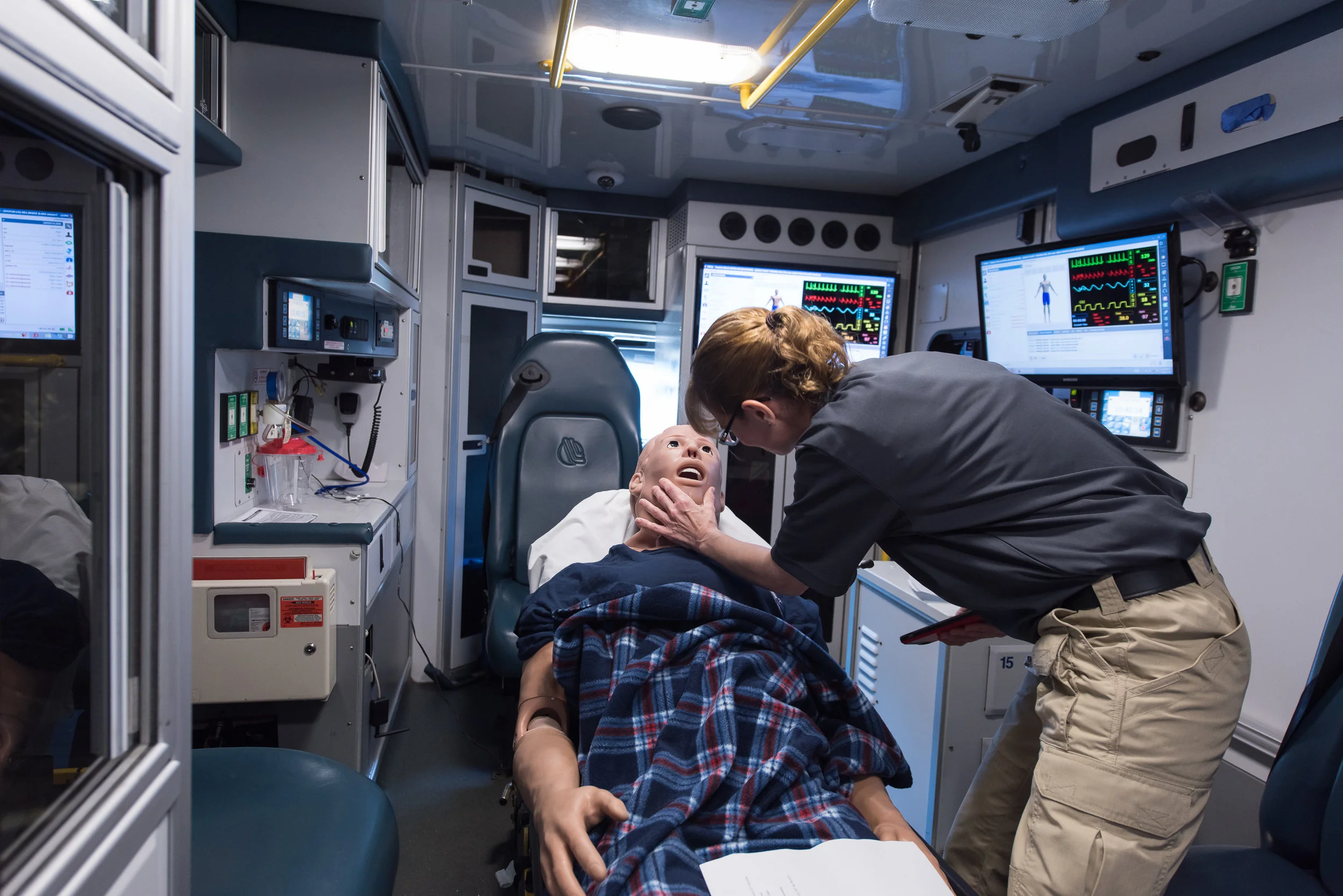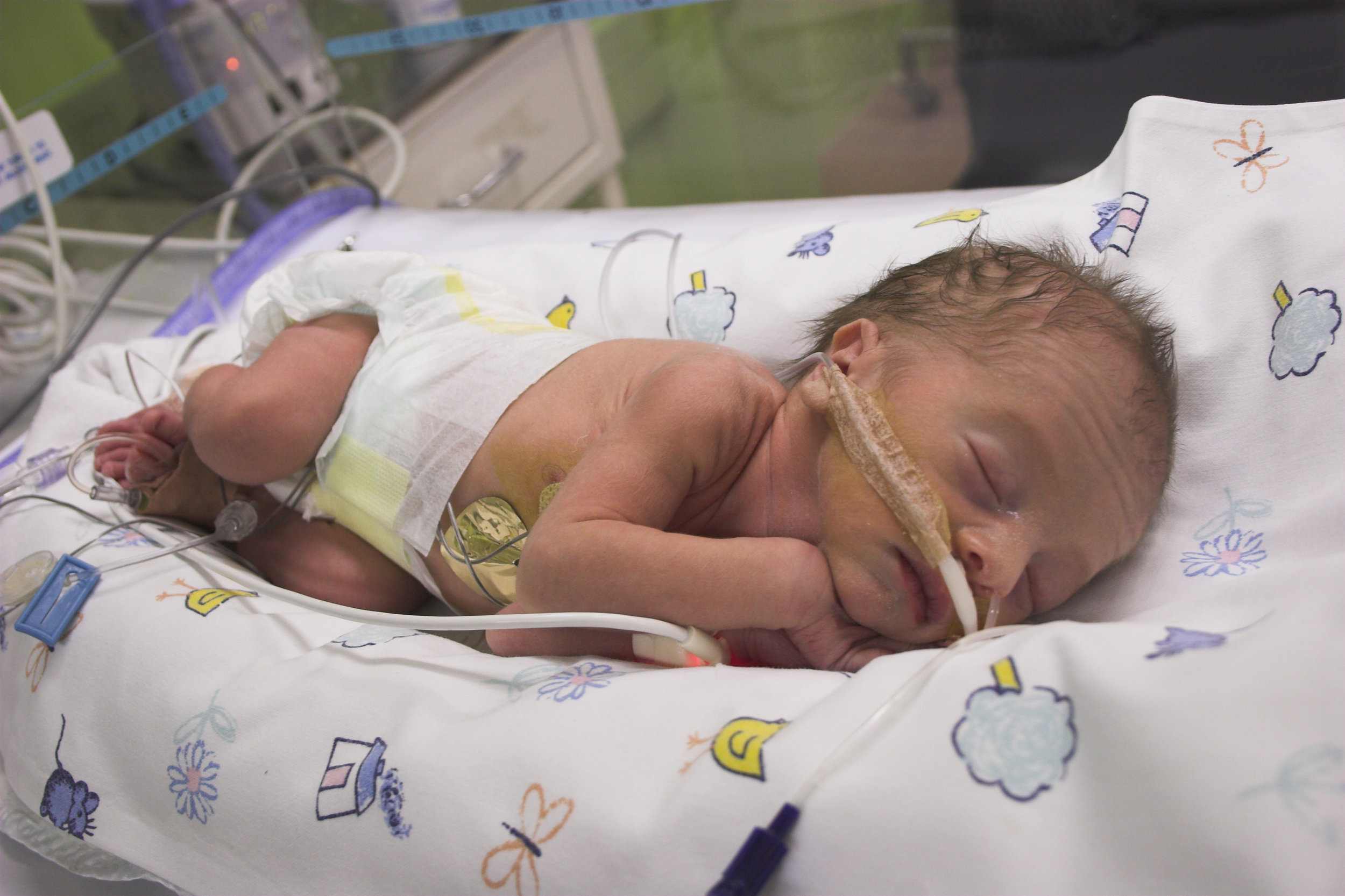Reliability When Needed Most
Emergent and Non-Emergent Transportation Service
At EasCare, we offer three types of EMS transport service:
- Advanced Life Support (ALS)
- Basic Life Support (BLS)
- Chair Car (CC)
Advanced Life Support Vehicles, Equipment and Staffing
Our ALS vehicles are operated by skilled medics and outfitted with advanced medical equipment and data devices required to stabilize and treat patients as well as transmit patient data to a hospital emergency department, catheterization lab, trauma center or during an interfacility transfer.
EasCare’s ALS vehicles include Zoll X-Series ECG monitors capable of real-time transmission of 12 lead data to receiving hospitals and noninvasive hemodynamic monitoring via WiFi and Bluetooth connectivity. They also are equipped with Newport HT70 mechanical ventilators with multiple mode selections as well as noninvasive BiPAP/CPAP capabilities, ePCR charting and IVAC 3 channel medication infusion smart pumps. Enhanced trauma service capabilities also come with a versatile complement of advanced life support medical supplies and apparatus to manage and care for critically ill or injured patients.
Our Advanced Life Support (ALS) ambulances are staffed with two (2) paramedics who meet or exceed the training and certification requirements set forth by the Commonwealth of Massachusetts. During critically ill or vent-dependent patients transports, EasCare staffs ALS vehicles with an EMT as well, so both paramedics are able to focus on the patient.
Basic Life Support Vehicles, Equipment and Staffing
EasCare's Basic Life Support (BLS) vehicles are for patients who require medical transportation and continuous medical supervision/monitoring. Emergency medical technicians (EMTs), who are trained to make treatment decisions, staff every EasCare BLS ambulance. Common BLS transport situations include:
- Medical and surgical patients not requiring cardiac monitoring
- Discharge to home and/or sub-acute care facilities (i.e. nursing homes, rehabilitation facilities)
- Psychiatric patients
Each ambulance carries Basic Life Support (BLS) medical supplies, including glucometers, albuterol, defibrillators, aspirin, EpiPens, pulse oximetry, intranasal naloxone administration, splints, bandages, oxygen tanks and masks, and spinal immobilization equipment.
Chair Car Vehicles, Equipment and Staffing
EasCare Ambulance Service Chair Car vehicles safely transport patients confined to a wheelchair or requiring a wheelchair for transport. We can transport up to two (2) wheelchairs at any one time with seats for family members or staff to accompany the patient. Our wheelchair vehicles comply with ADA standards and are operated by CPR-trained professionals.















